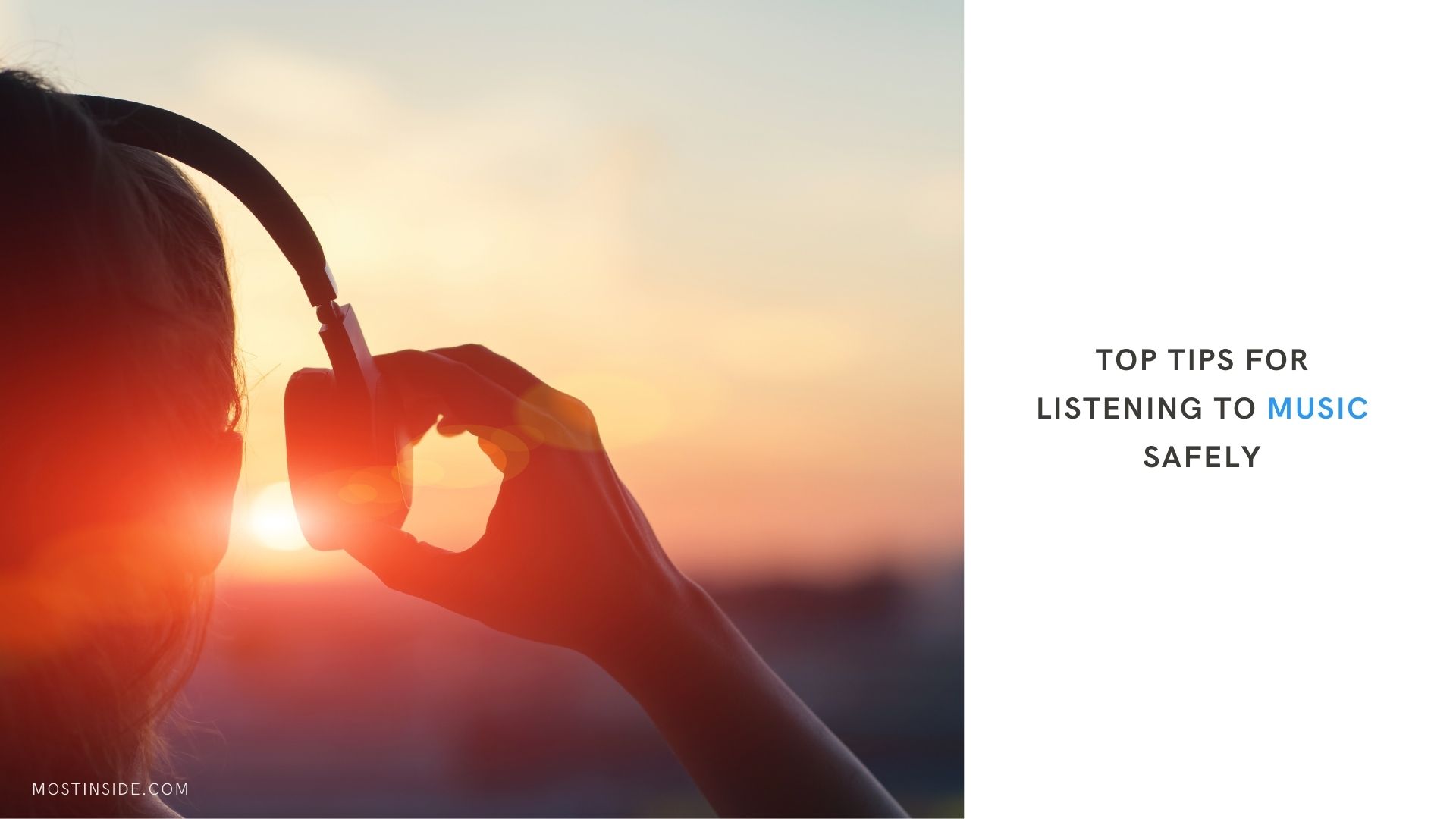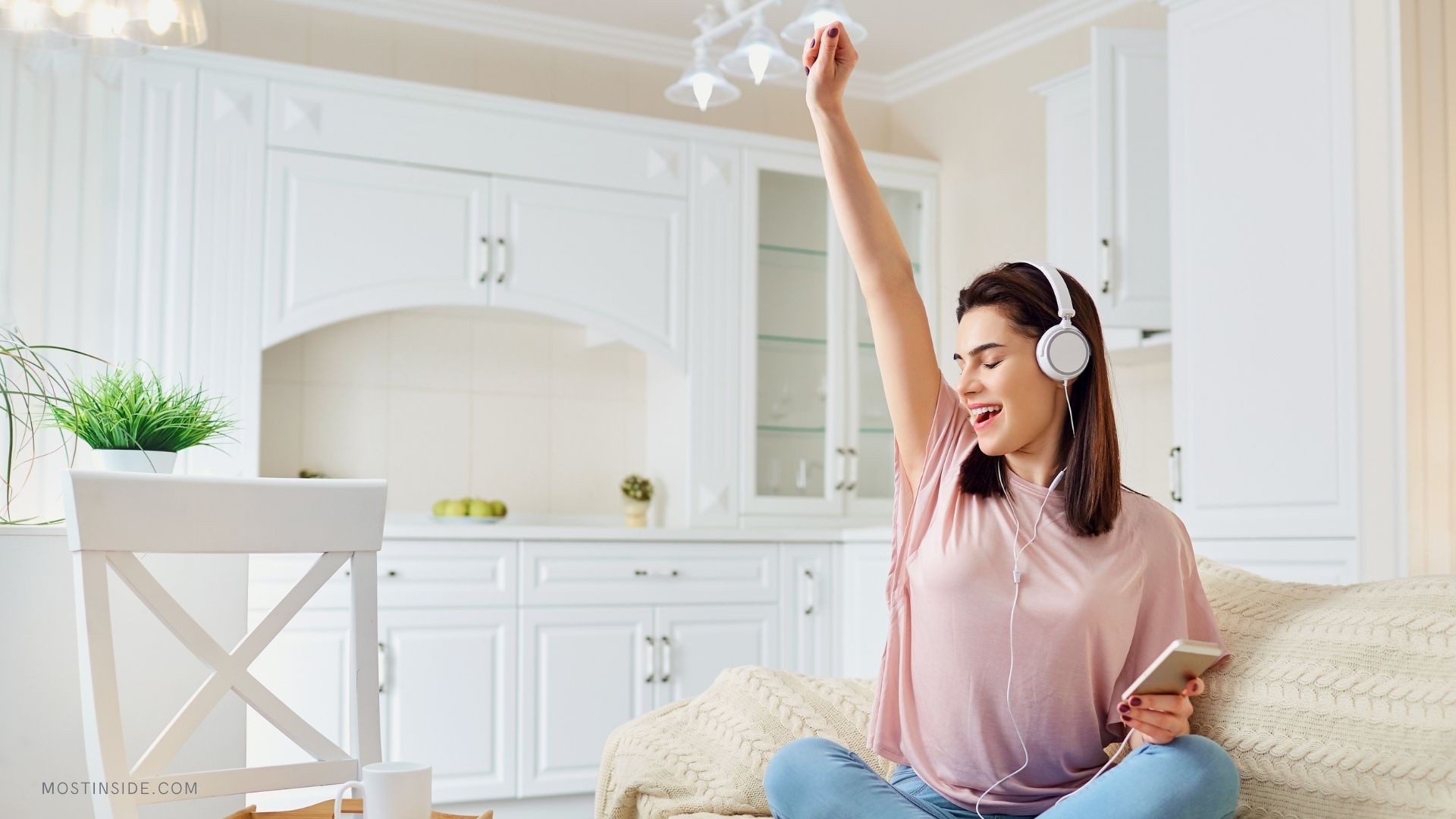
Few things can affect humans in the same way as music.
It can elevate your mood, reduce stress and symptoms of depression, and conjure up memories that you may have long thought forgotten.
Your hearing is a precious sense, so it’s important to take precautions to protect it from unnecessary strains that music can place upon it when played at excessively loud volumes.
If you’re unsure whether your hearing has been affected, you can take a short online-hearing test from the comfort of your own home to find out.
How hearing can be damaged
The inner ear is extremely sensitive and exposure to loud noises for an extended period or even just for a brief time can cause significant damage. When this occurs, it is known as noise-induced hearing loss (NIHL).
According to the National Institute on Deafness and Other Communication Disorders (NIDCD), as many as 40 million adults in the U.S. could have suffered a form of NIHL.
Long or repeated exposure to sounds at or above 85 A-weighted decibels (dBA) can cause hearing loss, and the louder the sound the shorter the time required to cause damage.
Headphones and hearing loss
Half of young people listen to their music or other audio too loudly, according to the Centre for Disease Control and Prevention.
You could lose some of your hearing in just a few minutes when using headphones at the highest volume, which is often 94 to 110 dBA.
Important factors in protecting your hearing are your distance from the sound and your length of exposure to it. With headphones, your distance from the source of the sound is essentially as little as it could be.

Tips to follow
If you are keen to avoid sustaining NIHL, there are a few simple measures you can adopt to make listening to music safer.
Lower the volume
It’s not always easy when you’re in a noisy environment but try to keep the volume down whenever possible. Using noise-cancelling headphones instead of standard earbuds will stop you have to crank up the volume for prolonged periods.
Be aware
If you don’t have noise-cancelling headphones then just try to think about how loud what you’re listening to is and how long you’ve been listening for. If it’s been a while, take a short break and try to find another activity.
Follow the 60/60 rule
Want something with a bit more structure? For safer listening, experts recommend playing music at 60% of the maximum volume for 60 minutes before taking a break.
Use earplugs
If you are frequently exposed to loud sounds at work or regularly attend events at noisy venues, wearing earplugs and keeping away from loudspeakers are the best way to protect yourself.